Cameroon’s constitutional council, military, and electoral commission have all come under scrutiny, particularly in how they manage political participation and institutional checks.
By The Independentist editorial desk–
For over six decades, the leadership succession in Cameroon has reflected not the democratic will of the people, but the careful calculations of external interests—particularly those of France. Behind the changing faces in Yaoundé, a consistent thread remains: central control, managed transitions, and the marginalization of genuine democratic participation.
From Muna to Biya: A Pattern of Political Substitution
In 1972, following the controversial abolition of the two-state federation, hopes were raised that a Southern Cameroonian—Solomon Tandeng Muna, then Speaker of the National Assembly—might eventually ascend to the presidency. However, these hopes were quietly sidelined. A decade later, when President Ahmadou Ahidjo stepped down, the presidency passed not to Muna, but to Paul Biya, who had been recently appointed Prime Minister in a move many now recognize as strategic.
This moment was pivotal—not just for power dynamics in Yaoundé, but for Ambazonians, who saw again how promises of inclusion could be overtaken by backroom decisions aligned with centralized interests.
The Current Phase: Biya, Ngoh Ngoh, and the Calculus of Control
As President Biya’s tenure nears its natural end, the succession question has resurfaced. Several names have been floated over the years—Frank Biya, Chantal Biya, and more recently, Ferdinand Ngoh Ngoh, Secretary General at the Presidency. Ngoh Ngoh is now widely seen as a frontrunner due to his close ties to the presidency, command over critical state machinery, and perceived reliability by foreign stakeholders.
What raises concern is the pattern now unfolding: viable political challengers, including Professor Maurice Kamto and former government spokesman Issa Tchiroma, have found themselves either excluded, discredited, or tied up in legal proceedings. Whether these developments stem from judicial independence or political strategy, the result is a narrowing of democratic space.
Cameroon’s constitutional council, military, and electoral commission have all come under scrutiny, particularly in how they manage political participation and institutional checks. This raises serious questions about the fairness and transparency of the upcoming electoral process.
On Tribal Politics and Generational Expectations
Among Ambazonians and Southern Cameroonians, political affiliation has sometimes followed tribal or family loyalties. Some supporters, particularly those from Mbengwi, continue to align themselves with Akere Muna, a respected figure with a notable legal and civil society record.
However, it must be acknowledged that in the current political climate—both within Cameroon and internationally—Mr. Muna’s prospects for the presidency are limited. His advanced age, historical positioning, and perceived proximity to past systems of governance may not align with the expectations of a younger electorate seeking transformative change.
This is not to diminish his contributions, but rather to encourage honest reflection about what genuine change would require—and who is best placed to lead it. Tribal affiliation alone should not be the compass guiding national decisions.
The Ambazonian Position: Elections Are Not the Answer
For the people of Ambazonia, this succession drama in Yaoundé offers a sobering reminder: structural change cannot be achieved through systems designed to preserve the status quo.
President Dr. Samuel Ikome Sako, leader of the Government of the Federal Republic of Ambazonia, has articulated this clearly:
“We cannot afford to validate, through participation, a political structure that has never respected our sovereignty, our history, or our people. Our path is not through managed elections—it is through principled resistance, institution-building, and international engagement.”
This is not a rejection of democracy—but a recognition that true democracy cannot flourish in a system where the outcome is preordained and dissent is criminalized.
Conclusion: Principles Before Performance
What is unfolding in Cameroon is not simply a transfer of power; it is a carefully orchestrated realignment designed to ensure continuity of influence. While individuals may change, the core apparatus of control remains intact.
For Ambazonians, the choice is clear. The struggle is not to be part of someone else’s stage play—but to build a new future on our own terms. That means saying no to elections that do not serve our interests and yes to forging alliances, building governance capacity, and protecting the dignity of our people.
As Lord Tony Benn once said, “The right to decide must always rest with the people.” And that right—our right—is not up for negotiation.
The Independentist Editorial desk
Truth in Resistance. Clarity in Crisis.













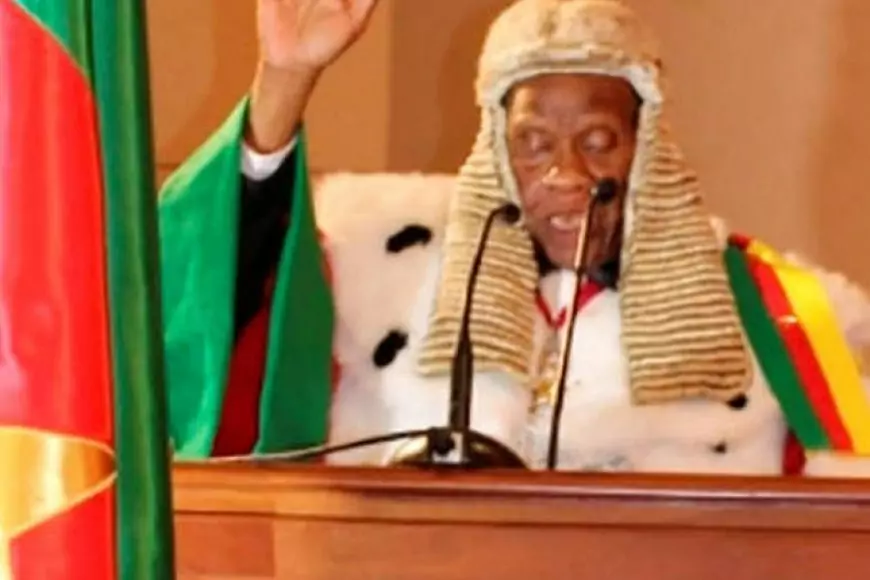
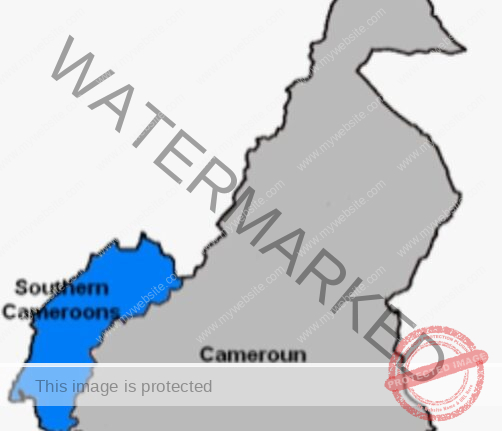


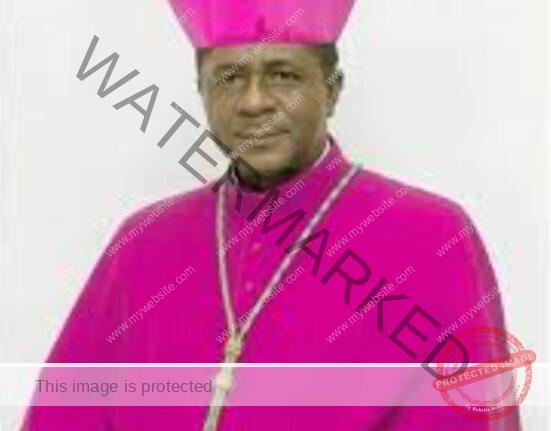
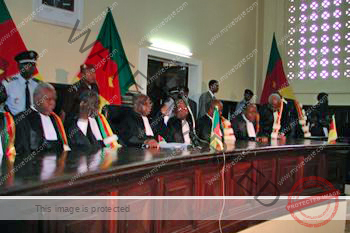
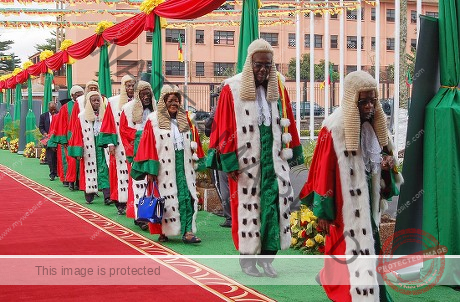

Leave feedback about this